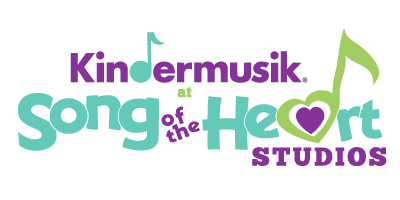Empathy is the capacity to observe other people’s feelings and to respond with care and concern. Children who are empathetic tend to do better in school, in social situations, and later on in their careers. Empathy is a skill that can be learned and the process for developing empathy begins in infancy. Although toddlers are naturally self-focused, they can and often do surprise adults with examples of empathy. They may display concern for a distressed or hurt peer, offer a toy to another upset child, or share tender affection with a caregiver whom they perceive is feeling sad. Offering toddlers plenty of opportunities to discuss, explore, and understand a wide range of feelings and to practice kind behavior helps to support the development of empathy. Perhaps most importantly, adults can foster empathy in young children by leading with their own examples of care, concern, and respect for others.
When we sing the “Hello Song we enjoy hearing each other’s names and taking the time to acknowledge and greet one another. This is one way we’re helping your toddler develop the awareness that other people have their own thoughts, ideas, and feelings which is an important step in developing empathy.
It can be difficult for toddlers to look beyond their own wants and needs, but activities that encourage your child to both lead with their own ideas and copy someone else’s are a great way to help them feel acknowledged while acknowledging others. And your interactions with the other adults and children in class are a wonderful example of respectful listening, affirming language, and kind follow-through. So, enjoy partnering up with your little one during our instrument exploration time!
Sharpening the listening skill is another way we’re building empathy in your child. Hearing and listening are two different things. In our world of substantial sensory input, we have to teach children how to listen. In order to respond with care and concern, we first have to listen to other people’s needs. In class we might be listening to an animal or environmental sound, but someday it will be a friend, a co-worker, a partner or even a child of his or her own.

